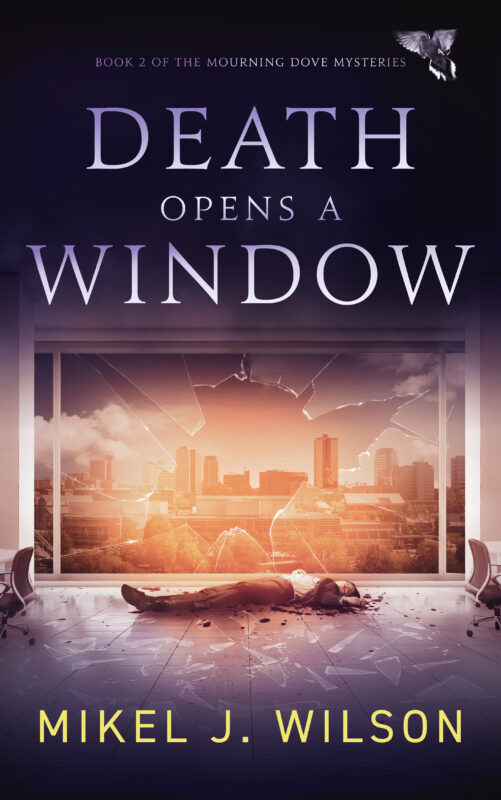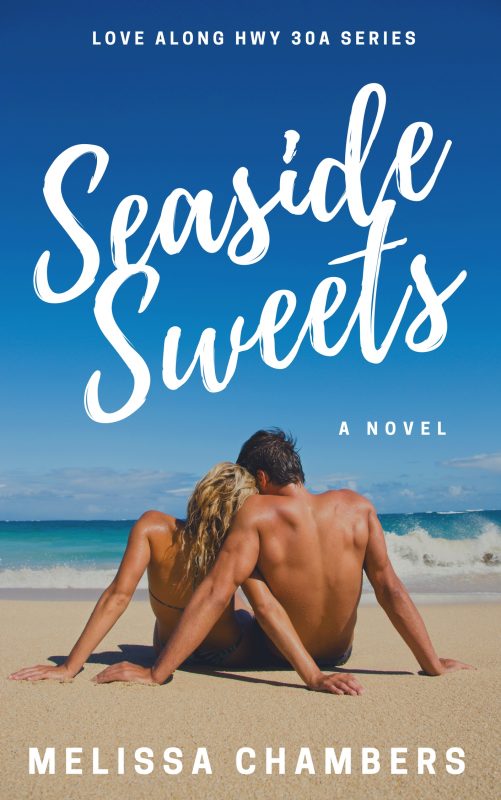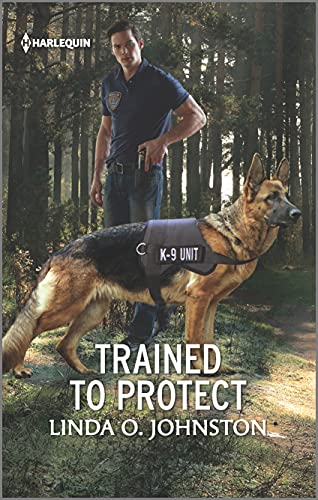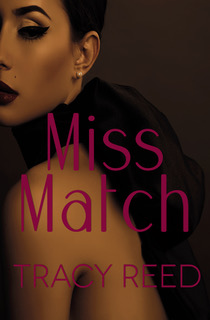The Court of Public Opinion
January 24, 2015 by A Slice of Orange in category ArchivesI learned one thing when I served on a jury.
Well, in fairness, I learned more than one thing, but one thing really did stand out, and I’ve never forgotten it.
Perhaps because it was so obvious. Perhaps because at the time the people I shared my revelation with felt that it should hardly have been a revelation. And perhaps it shouldn’t have been. But OMG it is something I truly wish everyone actually felt was not only obvious, but something they should live by on a daily basis.
My particular case was excruciatingly boring and interminable (yes, even the Judge went to sleep once), but the experience truly reinforced the home truth:
Don’t judge before you have heard both sides. Really. Don’t.
Now in life, you often don’t have the opportunity to hear both sides.
So pop quiz: what shouldn’t you do?
Correct: don’t come down on a final judgement.
Sure you can have an opinion, but acknowledge that you’re shooting from the hip and your aim and accuracy will suffer for it.
Of course, it is fun to judge others—it can be enormously satisfying and quite entertaining—but not if you start to take yourself and the numerous equally uninformed others seriously. If you plan to make a serious judgment you have to investigate all sides and unemotionally do your homework. And it’s hardly reasonable to take other opinions seriously unless they’ve listened to all sides and done their homework, right? But reason doesn’t seem to have much cachet right now.
A favorite childhood tale was a friend who had a somewhat…difficult relationship with her older brother. Her favorite method of pulling his chain was to wallop him, then shout, “Mommy, Johnny’s hitting me!!!!” Mom would, naturally arrive just in time to see with her own eyes Johnny retaliating, and send him off, no excuses. Eyewitness account!
Our judge instructed us in our role as a jury, noting that it was up to us to discern the truth from the information we were given. “Ask yourself,” he requested, “why someone is saying something. Figure out what their motives might be, what the repercussions might be, and assess the information accordingly.” (Like: will it sell more papers? Get hits? Go viral? Make me famous? Yes? Think about it.)
Good advice.
But in this self-obsessed, self-revelatory, boundary-less world of private/public yammering, everyone is a self-anointed judge, jury and executioner. That is until someone points out the accused wasn’t even there, or the visuals were utterly misinterpreted, or the victim was actually the perpetrator—or vice versa. Oops!
Judge not, that you be not judged. For with the judgment you pronounce you will be judged, and the measure you give will be the measure you get. [Matthew 7:1-2]
I appreciate the power of stories, books, films—whatever—to put us in the shoes of those pilloried by public opinion. And, I hope, offer us some insight and restraint in controlling our own often irrational and thoughtless behavior.
Bullying isn’t just the province of the young.
Isabel Swift
National Step in a Puddle and Splash Your Friends Day by Jina Bacarr
January 11, 2015 by A Slice of Orange in category Archives tagged as Confessions of a Podcast Goddess, friends, puddle, rain, rainy, romance, splashThe picture says it all…
Now if it would only rain here in So Cal!! Perfect for romance.
~Jina
jinabacarr.com
@jinabacarr
Self-Publishing Online Class – Info From Sample Lectures
January 9, 2015 by A Slice of Orange in category Archives tagged as eBooks, It's Worth It, Kitty Bucholtz, Online Class, Scrivener, self publishing, self-publishingFrom Lecture 1
- do you want to publish in ebook only, print only, or both?
- what software will you use?
- what distributors will you use?
From Lecture 2
From Lecture 5
Go to File, New, Document
Under Intent on the popup screen, leave it as Print (the default)
Under Pages, make it a few more pages than you think it needs to be
Sign Up Today!
Share OCC RWA with your friends…all 2,000 of them
January 7, 2015 by A Slice of Orange in category Archives tagged as Sabrina Sol, Social MediaRemember that commercial where the woman tells her friend about how great her shampoo is and then that friend tells two friends and so on and so on and so on?
The world has become much smaller thanks to Facebook, Twitter, Instagram and other social networks. And as authors, social media is a critical tool when it comes to self-promotion, publicity and communication. That doesn’t mean you have to do EVERYTHING that’s out there. But you should at least try to do one thing and do it the best that you can.
Remember, though, that the golden rule of social media is to NOT make it all about YOU and YOUR BOOK. It’s important to, you know, be social on social media. That means interacting with others, commenting on their stuff and sharing things about you that have nothing to do with what you’re writing.
As Vice President of Communications this year for OCC RWA, my goal is to get the word out about our great organization so that we can find new members and find new resources and networking contacts for our current members. Social media is going to be a big part of my focus in 2015 and I’d love it if you could help!
Whether it’s linking the posts from this blog or tweeting our online class information or sharing our special events on Facebook, it would be great if you could help me spread the word whenever and wherever you can.
You can find OCC RWA online here:
See you online!
Sabrina Sol
VP, Communications
OCC RWA
P.S. Oh, and in case it was bugging you, that commercial was for Faberge Organics Shampoo. And it starred Heather Locklear! Here’s the link in case you want share with a friend or two..
January 10 meeting: “Fast Draft” & “Revision Hell” with Entangled Editor Candace Havens
January 2, 2015 by A Slice of Orange in category ArchivesAffiliate Links
A Slice of Orange is an affiliate with some of the booksellers listed on this website, including Barnes & Nobel, Books A Million, iBooks, Kobo, and Smashwords. This means A Slice of Orange may earn a small advertising fee from sales made through the links used on this website. There are reminders of these affiliate links on the pages for individual books.
Search A Slice of Orange
Find a Column
Archives
Featured Books
MARRYING MR. GIBSON
She won't be forced into marriage to a nobleman's by-blow. He won't be trapped into marriage by a father he's never known.
More info →
SEASIDE SWEETS
After her ex runs up her credit card, clears her bank account, and gets her fired, Seanna escapes to Seaside, Florida where the men are hot as the Gulf Coast sun…one in particular.
More info →MISS MATCH
What happens when the matchmaker inadvertently gets matched while matching someone else?
More info →Newsletter
Contributing Authors
Search A Slice of Orange
Find a Column
Archives
Authors in the Bookstore
- A. E. Decker
- A. J. Scudiere
- A.J. Sidransky
- Abby Collette
- Alanna Lucus
- Albert Marrin
- Alice Duncan
- Alina K. Field
- Alison Green Myers
- Andi Lawrencovna
- Andrew C Raiford
- Angela Pryce
- Aviva Vaughn
- Barbara Ankrum
- Bethlehem Writers Group, LLC
- Carol L. Wright
- Celeste Barclay
- Christina Alexandra
- Christopher D. Ochs
- Claire Davon
- Claire Naden
- Courtnee Turner Hoyle
- Courtney Annicchiarico
- D. Lieber
- Daniel V. Meier Jr.
- Debra Dixon
- Debra H. Goldstein
- Debra Holland
- Dee Ann Palmer
- Denise M. Colby
- Diane Benefiel
- Diane Sismour
- Dianna Sinovic
- DT Krippene
- E.B. Dawson
- Emilie Dallaire
- Emily Brightwell
- Emily PW Murphy
- Fae Rowen
- Faith L. Justice
- Frances Amati
- Geralyn Corcillo
- Glynnis Campbell
- Greg Jolley
- H. O. Charles
- Jaclyn Roché
- Jacqueline Diamond
- Janet Lynn and Will Zeilinger
- Jeff Baird
- Jenna Barwin
- Jenne Kern
- Jennifer D. Bokal
- Jennifer Lyon
- Jerome W. McFadden
- Jill Piscitello
- Jina Bacarr
- Jo A. Hiestand
- Jodi Bogert
- Jolina Petersheim
- Jonathan Maberry
- Joy Allyson
- Judy Duarte
- Justin Murphy
- Justine Davis
- Kat Martin
- Kidd Wadsworth
- Kitty Bucholtz
- Kristy Tate
- Larry Deibert
- Larry Hamilton
- Laura Drake
- Laurie Stevens
- Leslie Knowles
- Li-Ying Lundquist
- Linda Carroll-Bradd
- Linda Lappin
- Linda McLaughlin
- Linda O. Johnston
- Lisa Preston
- Lolo Paige
- Loran Holt
- Lyssa Kay Adams
- Madeline Ash
- Margarita Engle
- Marguerite Quantaine
- Marianne H. Donley
- Mary Castillo
- Maureen Klovers
- Megan Haskell
- Melanie Waterbury
- Melissa Chambers
- Melodie Winawer
- Meriam Wilhelm
- Mikel J. Wilson
- Mindy Neff
- Monica McCabe
- Nancy Brashear
- Neetu Malik
- Nikki Prince
- Once Upon Anthologies
- Paula Gail Benson
- Penny Reid
- Peter Barbour
- Priscilla Oliveras
- R. H. Kohno
- Rachel Hailey
- Ralph Hieb
- Ramcy Diek
- Ransom Stephens
- Rebecca Forster
- Renae Wrich
- Roxy Matthews
- Ryder Hunte Clancy
- Sally Paradysz
- Simone de Muñoz
- Sophie Barnes
- Susan Squires
- T. D. Fox
- Tara C. Allred
- Tara Lain
- Tari Lynn Jewett
- Terri Osburn
- Tracy Reed
- Vera Jane Cook
- Vicki Crum
- Writing Something Romantic
Affiliate Links
A Slice of Orange is an affiliate with some of the booksellers listed on this website, including Barnes & Nobel, Books A Million, iBooks, Kobo, and Smashwords. This means A Slice of Orange may earn a small advertising fee from sales made through the links used on this website. There are reminders of these affiliate links on the pages for individual books.












































